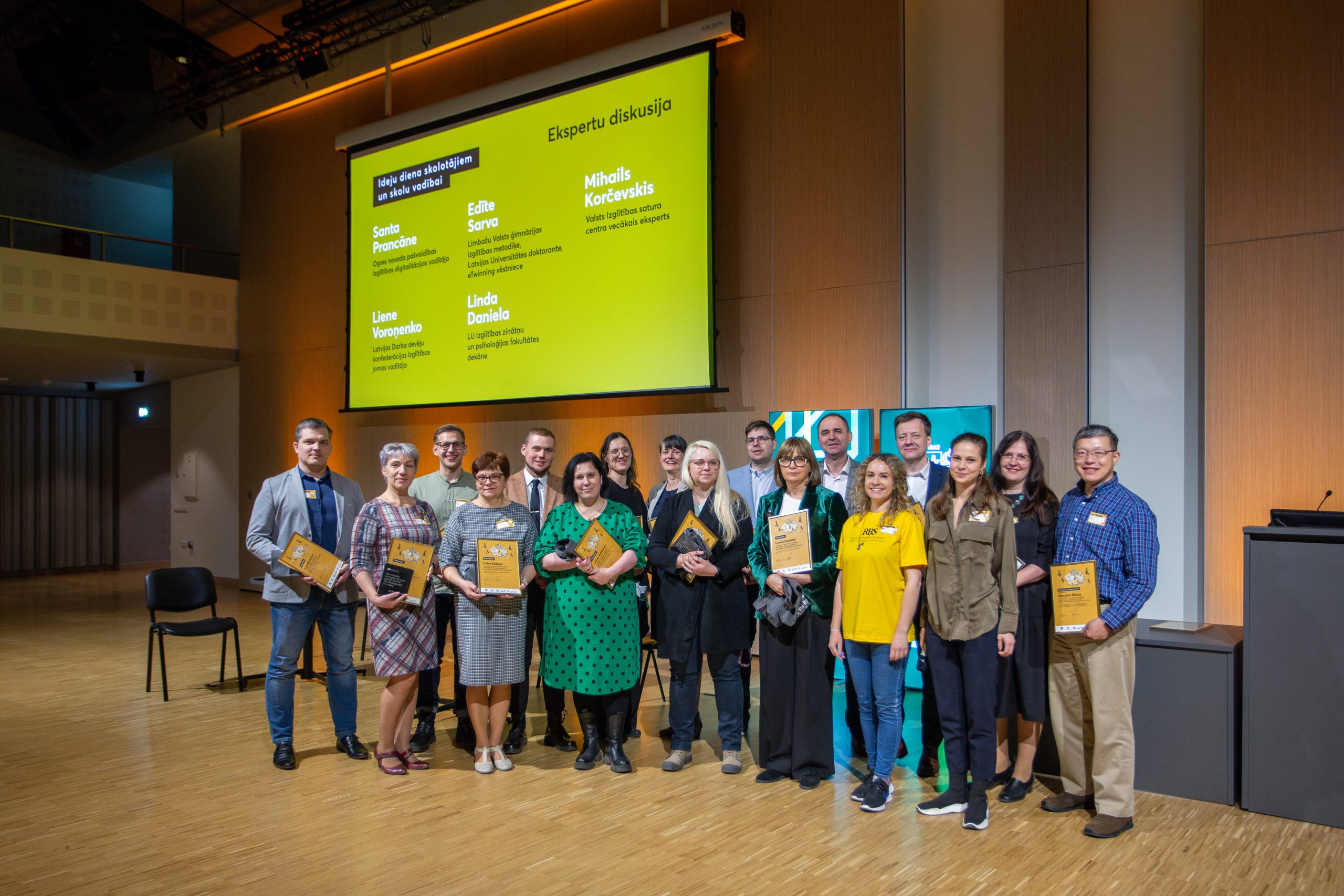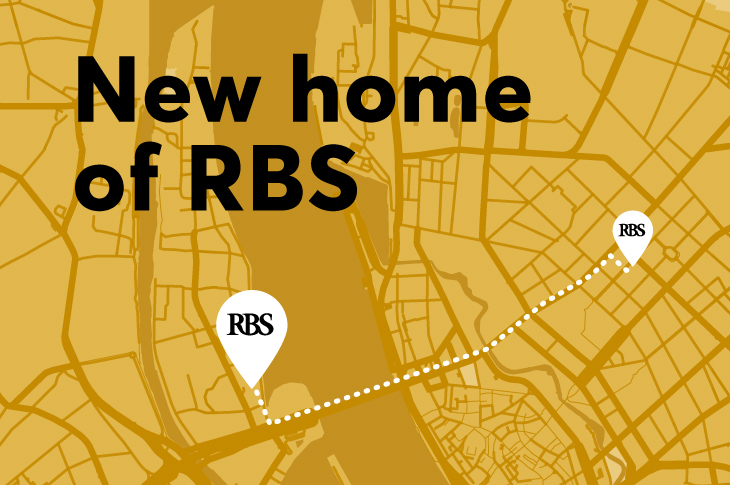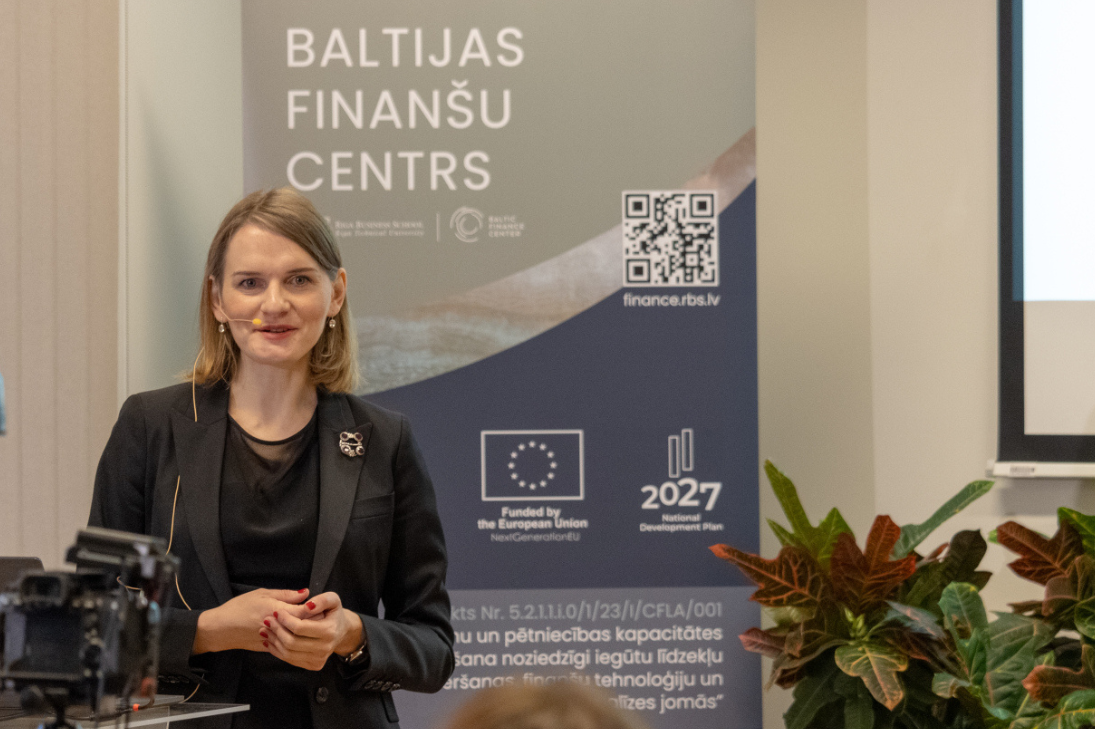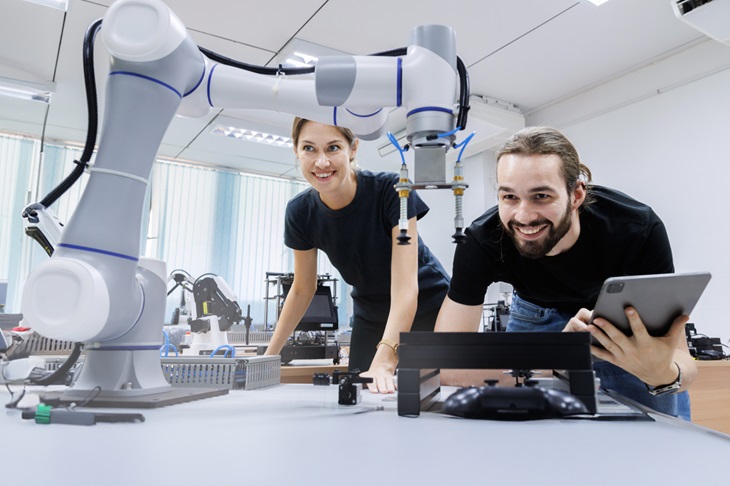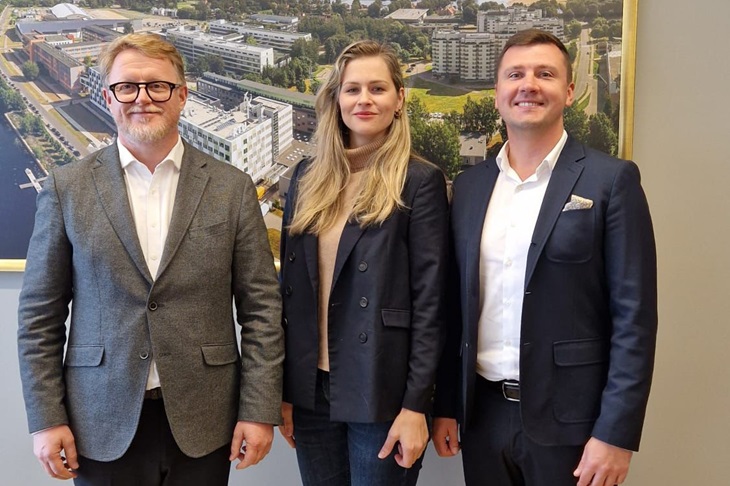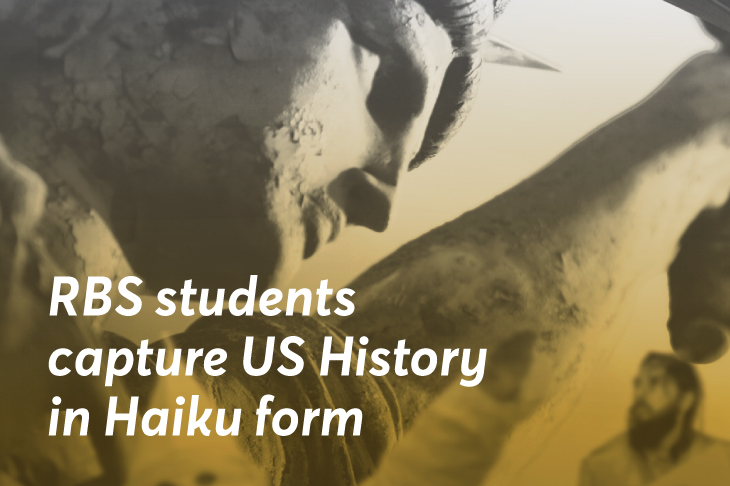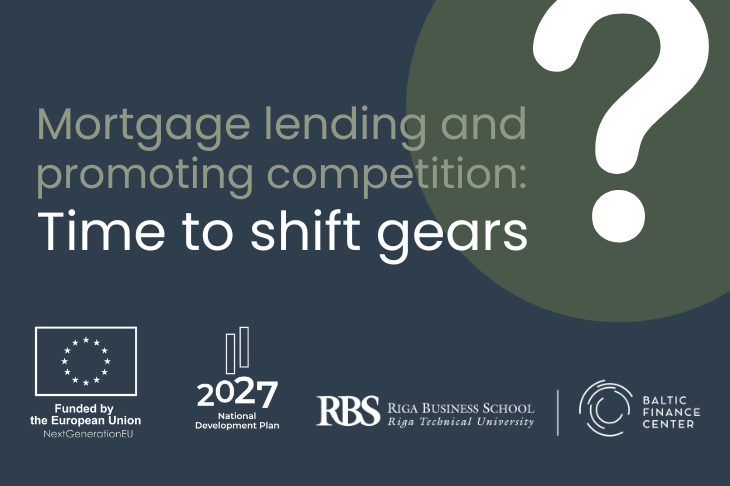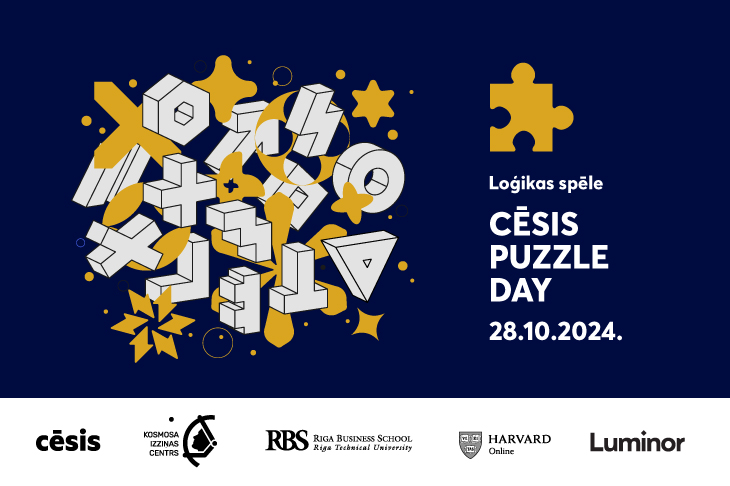Yesterday, March 14, the second “Idea day” conference gathered more than 100 teachers and school management, providing a platform and experts to learn the most relevant skills for the meaningful use and teaching of technology in schools. Teachers and school management teams had the opportunity to enhance their digital competences through 14 different workshops, as well as discussions on methods, solutions and experiences.
Thanks to the great response of last year’s computer science, programming, design and technology teachers to the inspiring experience of “Idea Day”, the need to integrate the use of technology in other subjects and the event’s supporters, Riga Business School as a department of Riga Technical University once again organised the “Idea Day” conference this year, bringing together companies with excellent technology practices and teacher from Latvia to provide them with practical skills and promote the overall technological development of schools.
Silvija Reinberga, the Parliamentary Secretary of Ministry of Education and Science: ”Technology is evolving and can be a very meaningful learning tool. Technology should not be feared, but it is important to use it in a meaningful way and integrate it into your subject, into your tasks. As today, on Idea Day, I invite you to continue to enjoy, be inspired by and learn many new and exciting things that will be useful in your daily work.”
Elīna Gaile-Sarkane, the Vice-Rector for Academic Affairs at Riga Technical University: “Together we are responsible for ensuring that the students we continue to educate at university after secondary school are creative and able to integrate into a changing environment. Teachers, for example, have a key role to play in this growth and in the ability to use technology. Together, we can all build a better future generation.”
Claudio Rivera, the Director of Riga Business School: “We are currently on the threshold of a new technological advance, which is particularly highlighted by artificial intelligence. We look forward with hope and anticipation to this unpredictable landscape. The future will be shaped by people who have the courage and the skill to experiment, which is why I support the need for us to be able to work with technology in schools too. This conference is a platform to draw inspiration from the stories and experiences we have heard and to bring a new spirit of experimentation into education.”
The most anticipated guest of the event, Douglas Kiang, a computer science teacher from the USA with more than 28 years of teaching experience at various age levels, including at Harvard University, in his presentation “ChatGPT ate my homework”, used interactive examples to call for AI to be seen as a tool for learning, not a threat. The international speaker also ran three workshops to give teachers insights on how to use AI tools effectively to obtain quality information based on the query they formulate; to illustrate creative ways to create interactive animations on their smart devices with the OctoStudio application; and to explore the most appropriate strategies for safe internet use.
Guna Puce, the eGovernment Expert and passionate advocate of digitalisation, in her presentation on digital evolution, shared meaningful transformation strategies for every teacher to identify inefficiencies and opportunities for improvement, attract and retain talent with digital skills, and automate manual processes in their daily routines, based on existing data.
Māra Jākobsone, the Board Member of LIKTA and Coordinator for Information Society Development and Digital Skills, gave a presentation on “Digital Competences Framework and its Application in Latvian Education” to introduce the framework to the conference participants and share a practical guide to support teachers in developing their digital competences.
Teachers developed their digital skills through 14 workshops inspired by the DigComp European Citizens’ Digital Competences Framework to promote skills in 5 competency areas: information and data literacy, communication and collaboration, digital content and content creation, security and problem solving. Technology experts exchanged views in a discussion on “How to increase digital competences of educators”. Finally, Roberts Legzdiņš, a student and CEO of Spotloc, shared his inspiring experiences and gave suggestions on how teachers can encourage students to be more active in the classroom and take on new challenges.
The “Idea Day” conference is driven by promoting technology in Latvian schools. Thanks to Riga Business School’s close cooperation with government institutions and technology industry partner LMT, educators were provided with valuable support to explore the latest technologies in the best possible quality.
Throughout the day, conference participants networked, sharing their impressions and experiences on the topics heard at the event, as well as visited the conference supporter LMT’s booth, gaining new experiences and taking on the role of an AI-generated avatar.
A live recording of the event is available on Riga Business School Facebook page.
“Idea Day” is coordinated by Riga Business School as a department of Riga Technical University with the support of the Ministry of Education and Science, LMT, Riga Technical University, Ozoco and start(it).
